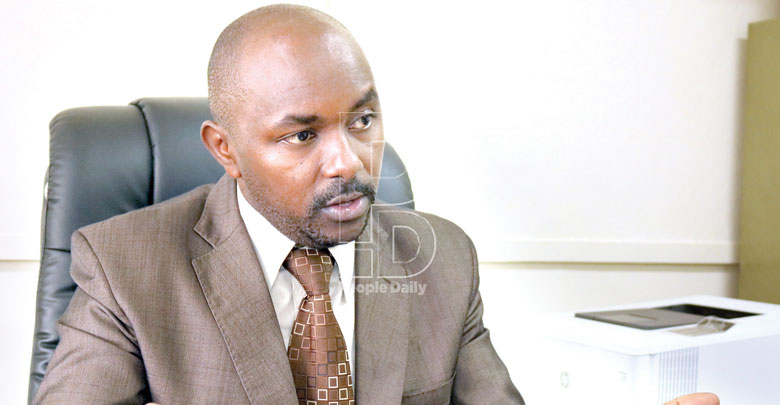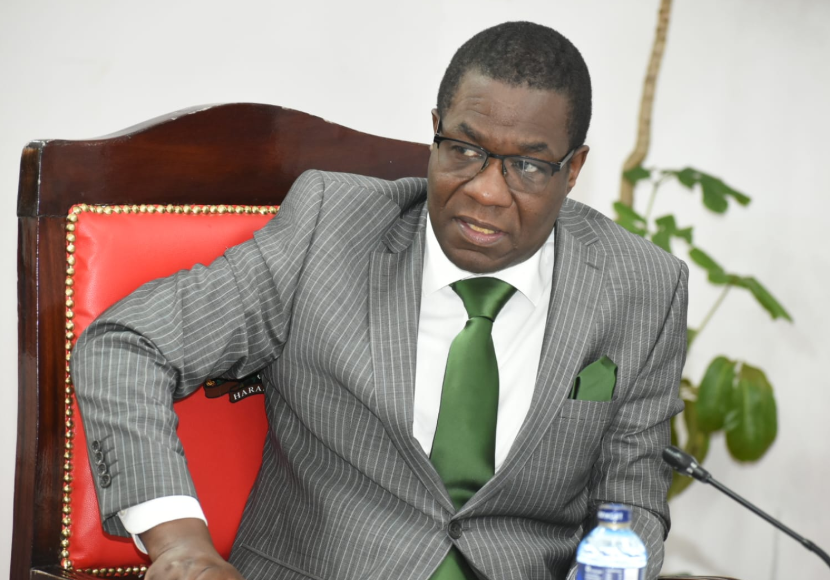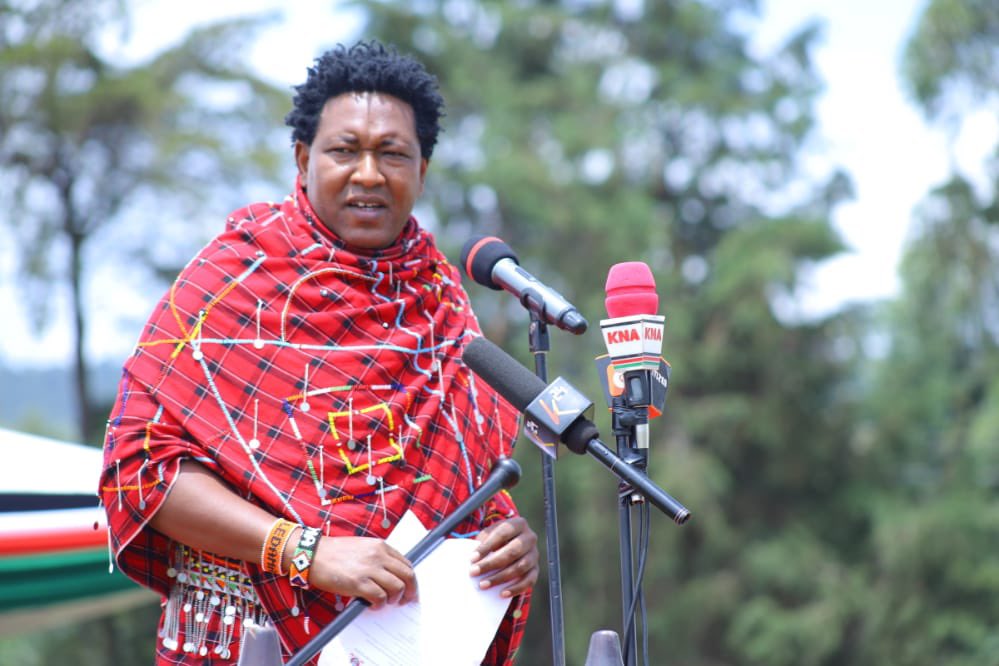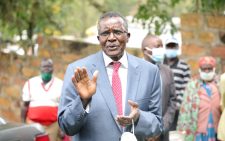Cancer: Early diagnosis first step in arresting the scourge

Q: The National Cancer Institute is tasked to maintain a registry. How successful has your organisation been in this endeavour?
A: Data collection is an ongoing process. We have set up cancer registry centres in Nairobi, Uasin Gishu and Kisumu counties. Our aim is to set up registries in 10 counties where we shall have treatment centres.
We are updating our software systems and developing tools to collect data at the point of care. This financial year we intend to hire clinical data analysts for this job.
Q: What issues need urgent action for the country to make strides to fight the disease?
A: Delay in diagnosing cancer is one of the biggest concerns. Currently 70 per cent of people who are diagnosed with cancer die because they are diagnosed late. Health workers and Kenyans need to know how to look out for possible symptoms because cancer in its early stages is not painful.
Our health workforce doesn’t have the capacity to address emerging issues and there is need to come up with a curriculum to train nurses and clinical officers at the county level. Decentralisation of cancer treatment is important to ease pressure from Kenyatta National Hospital (KNH).
Q: Where are we in terms of getting necessary equipment?
A: In the public sector, we only have a radiotherapy machine at KNH. Two new machines will be put up at the Moi Teaching and Referral Hospital by December at a cost of Sh1.4 billion. We have set up chemotherapy units in Mombasa Nakuru, Garissa, Nyeri, Kisumu, Kakamega and Meru. Infrastructure in Machakos, Embu and Kisii to host these units is under construction. We also want to send oncologists to 15 counties to improve the ability to diagnose. We need to train more health records experts because there is a huge shortage.
Q: What proposals have you made to the government on innovative ways of combating cancer?
A: We have made huge strides in the treatment of cervical cancer. We are now moving towards a self-testing kit. We are also setting up an Oncology Reference Centre where specimens can be brought for tests and results sent back as soon as possible.
Q: What are the most prevalent cancers in Kenya and which regions are affected?
A: Breast cancer is the leading, followed by cervical, esophageal, prostate, and colorectal cancer. In terms of regional distribution, it is not easy to get a conclusive answer. However, we have noted that some cancers such as esophageal are common in upper eastern, northeastern the south rift. Stomach and colon cancer is more common in the Mount Kenya region. Breast and cervical cancer are prevalent in all regions.
Q: There were reports the institute is understaffed. What other challenges do you face?
A: It is true we have staff challenges. For two-and-a-half years, I was the only staff member but early this year I got six staff. The problem is that many of the staff, including myself, are seconded to the institute, meaning that we can be reassigned elsewhere.
We had been operating without a board of trustees for one-and- a-half years. The first board’s tenure ended in December 2017 and the new one was appointed in May this year.
We are also facing financial problems. In the last two years we received Sh14 million each year. Given our wide mandate, the funds are not enough.
Q: One of the sticking issues in the fight against cancer is cost of treatment. What is your organisation doing to ease the burden on Kenyans?
A: This is one area in which we are putting a lot of effort. First, we are trying to make services available in the public sector to bring down costs. We have entered into access programme agreements with some pharmaceutical firms.
For example, under the Novartis Access Initiative the cost of breast cancer drugs is less than Sh200 a month, for a full dose. With Roche pharmaceutical, the cost of one of the drugs has reduced from Sh250, 000 per dose to Sh90, 000.
Under the Clinton Health Access Initiative we have roped in some pharmaceuticals and three are ready to bring down the cost of drugs by 50 per cent.
We have also developed an essential drugs list that gives guidelines on the most urgent drugs and now Kenya Medical Supplies Authority (Kemsa) has stocked them based on the burden. We are also procuring drugs for cancer in bulk to bring down the cost.
Q: There are reports the quality of cancer drugs in Kenya does not meet international standards. What is your view on this?
A: That is not true. We don’t produce drugs here so the Kenya Pharmacy and Poisons Board ensures those that come in are checked for quality. At the same time, Kemsa, sources for drugs internationally, so we use the same drugs that are used in other countries.
Q: In terms of policy, Kenya seems to be at a good place -– we have the national strategy to fight cancer and the laws in place. Why is there a disconnect between policy and the position on the ground?
A: There is indeed a mismatch in allocation of resources in relation to the cancer burden. We have invested more in the hardware– we have built infrastructure and are currently in the process of building radiotherapy units in Mombasa, Garissa and Nakuru. About two weeks ago we tendered for the equipment.
We have not invested enough in the software. We need to improve our data management systems by setting up cancer registry centres and build capacity among staff. We are not making sufficient investments in the county levels. This needs to change.










